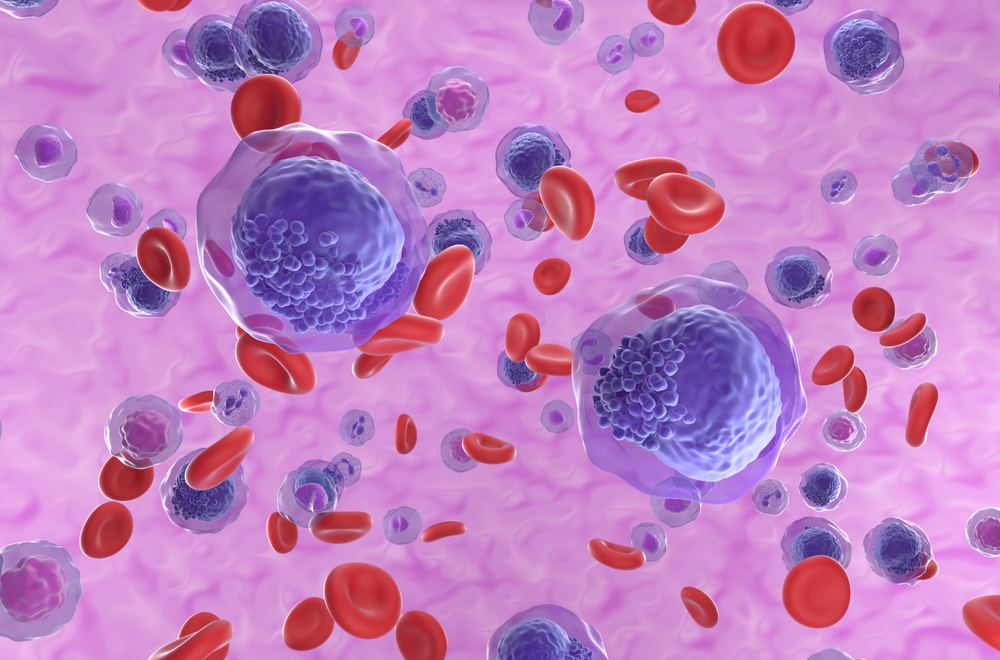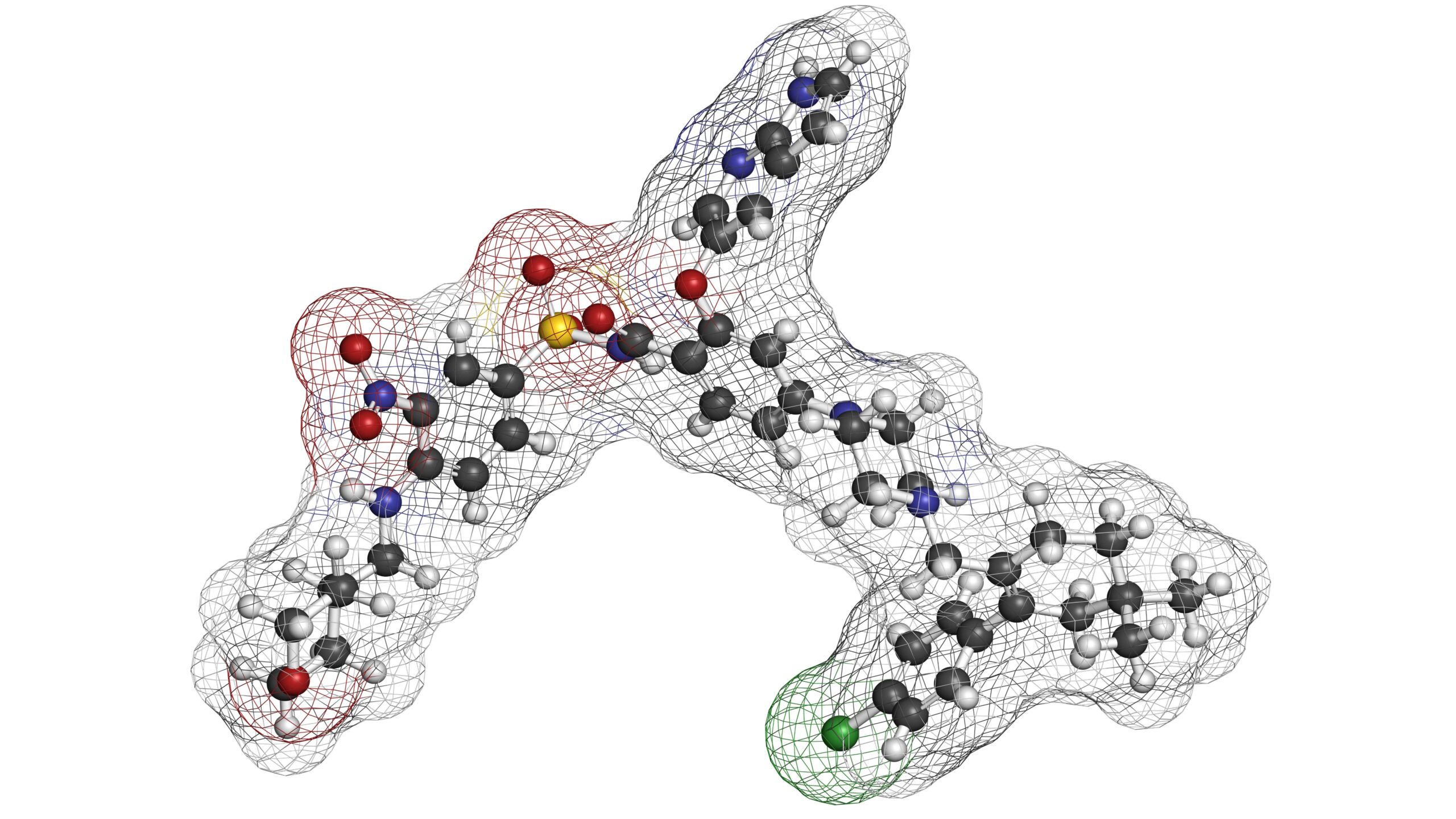
High expression of the proteins CD300A–CD300LF were tied to poorer outcomes in patients with acute myeloid leukemia (AML), according to a study published in Cancer Medicine.
CD300s are a group of proteins that play vital roles in immune responses, but their expression patterns and clinical significances in cancers are still not well understood. Expression of the CD300A–CD300LF proteins is closely associated with T-cell dysfunction and may predict the patient’s response to immunotherapy, according to the study’s authors, led by Zi-jun Xu, of the Affiliated People’s Hospital of Jiangsu University in China.
“We found that CD300A–CD300LF were significantly upregulated, and high expression of these genes predicted worse survival in AML,” the authors wrote.
Previous studies showed that CD300A was negatively associated with prognosis in acute lymphoblastic leukemia, AML, and diffuse large B-cell lymphoma.
In the current study, the researchers selected five members of the CD300 molecules (CD300A, CD300LB, CD300C, CD300LF, and CD300LG) located on chromosome 17. Their analyses on multi-omic datasets from the Cancer Genome Atlas showed that CD300A–CD300LF were overexpressed in AML, both in RNA-seq (TCGA) and microarray (GSE63270) datasets.
With respect to CD300A, the researchers not only confirmed its prognostic value in AML, but also suggested that CD300A could be used in refining existing AML classification schemes. Specifically, they found that CD300A status was able to discriminate between shorter and longer overall survival within both high- and low-risk groups of AML patients. CD300A produced a higher area under the curve in predicting the five-year survival rate than two traditional gene expression-based prognostic models, LSC17 and LI24.
Investigating the cause of CD300A expression, the researchers consistently found a significant enrichment of H3K4me3 marks in the promoter regions of the CD300A gene in three types of leukemia cells from published ChIP-seq datasets, which is evidence that CD300A expression is not mediated by genetic alterations but rather histone modification.
“Our study demonstrated CD300s as potential prognostic biomarker and an ideal immunotherapy target in AML, which warrants future functional and clinical studies,” the authors wrote.
Reference: Xu ZJ, Jin Y, Zhang XL, et al. Pan-cancer analysis identifies CD300 molecules as potential immune regulators and promising therapeutic targets in acute myeloid leukemia. Cancer Med. 2022. doi:10.1002/cam4.4905






 © 2025 Mashup Media, LLC, a Formedics Property. All Rights Reserved.
© 2025 Mashup Media, LLC, a Formedics Property. All Rights Reserved.